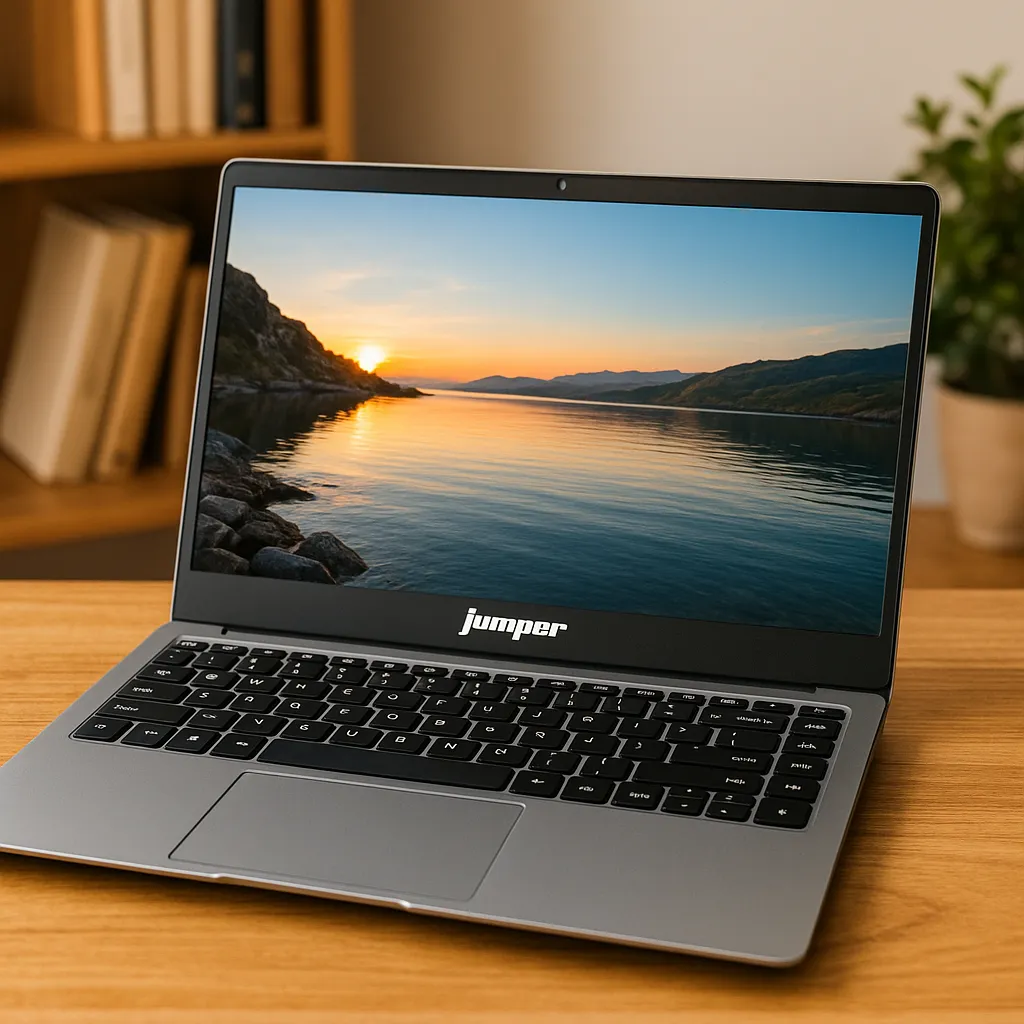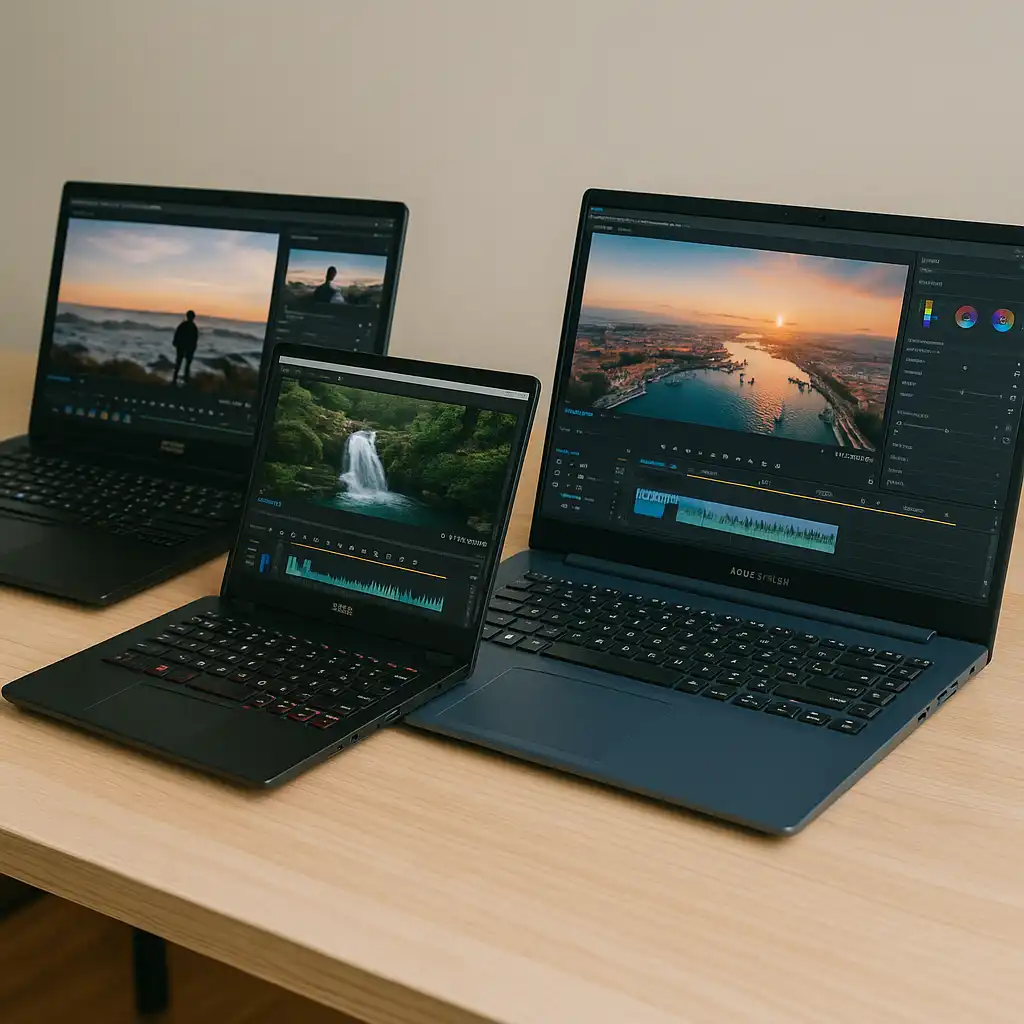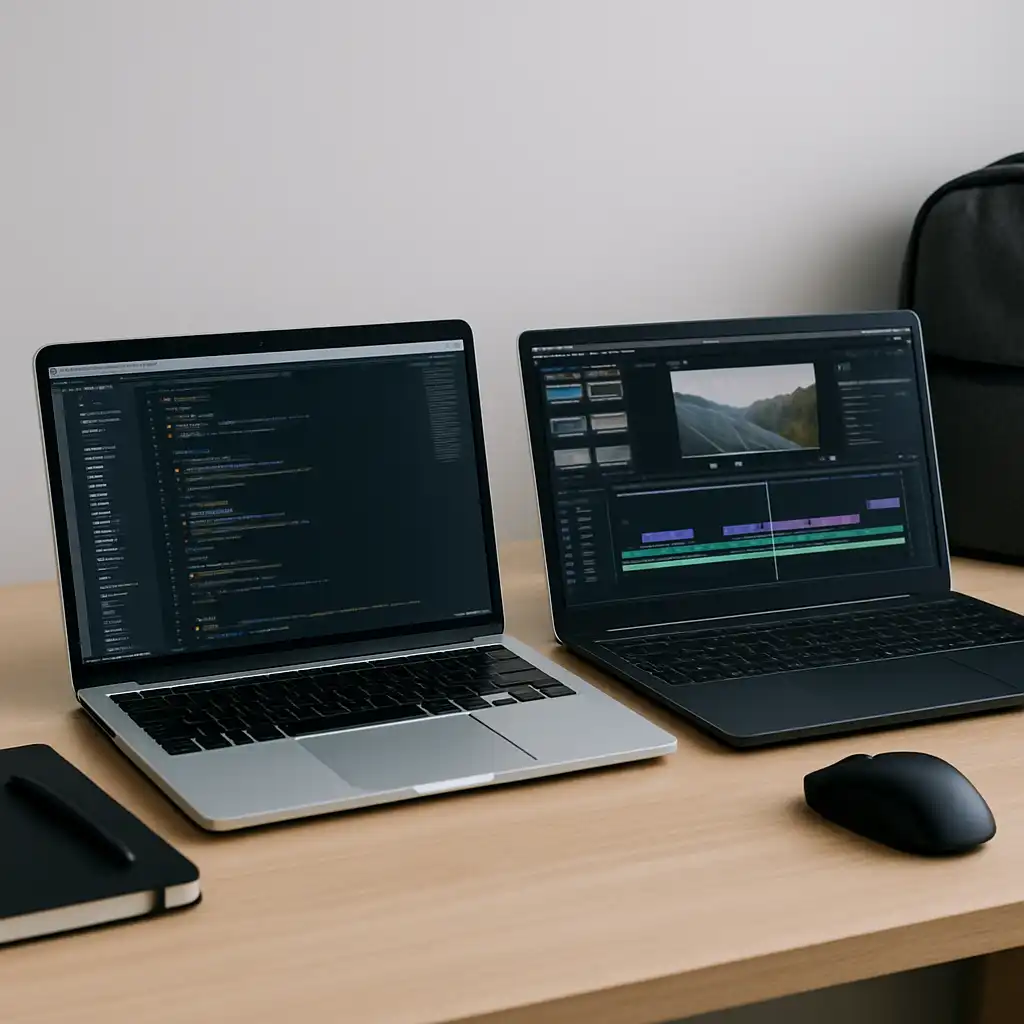Best Budget Laptop With SSD Drive – Top Affordable Picks for 2025
Disclosure: This post contains affiliate links. LaptopVoyager.com participates in the Amazon Associates Program and may earn commissions on qualifying purchases, at no extra cost to you.
Last Updated: November 2025
A budget laptop doesn’t have to feel slow. As long as it comes with an SSD, even entry-level hardware can handle school work, daily browsing, and basic productivity without getting sluggish. These three models deliver smooth performance at prices that stay wallet-friendly.
👉 For a simple breakdown of how SSDs boost laptop speed, check our guide on affordable SSD upgrades that improve laptop performance.
💰 Check Price & Availability
View on Amazon – HP 14-inch Laptop (i3-N305, 8GB RAM, 256GB SSD)
View on Amazon – ASUS Vivobook 14″ (i3-1215U, 16GB RAM, 512GB SSD)
View on Amazon – Lenovo IdeaPad 1 (12GB RAM, 512GB SSD + 128GB eMMC)
📋 Quick-View Comparison List
• HP 14″ – smooth daily performance
• ASUS Vivobook – best speed and multitasking
• Lenovo IdeaPad 1 – biggest storage bundle
🔍 Performance & Everyday Use
SSD storage keeps all three laptops responsive during everyday tasks. The HP handles light routines easily, the ASUS feels quicker when you open multiple apps, and the Lenovo’s extra storage makes it handy for school files or media.
🔍 Portability & Build Quality
All three models are lightweight enough for backpacks and daily commutes. The ASUS offers the sharpest display, the HP keeps things simple and compact, and the Lenovo’s larger screen is great for writing, coursework, or videos.
🔍 Storage & Speed Differences
The SSDs make a big difference in how fast each laptop feels. The ASUS stands out with a 512GB SSD, the HP works well for lightweight use at 256GB, and the Lenovo gives you both SSD storage and extra eMMC space for larger folders.
🔍 Best For Students & Budget Buyers
Students, casual users, and anyone who wants a reliable machine without overspending will find something here. The ASUS suits multitaskers, the HP is great for basic work, and the Lenovo is ideal if you need more room for apps and files.
👉 If you’re curious about upgrade options in the future, check our guide on whether you can add an SSD to your laptop.
📦 HP 14-inch Laptop (i3-N305, 8GB RAM, 256GB SSD)
The HP 14 keeps things snappy for browsing, emails, and office tools. The SSD helps it stay responsive even with modest specs, making it a solid everyday pick.
📦 ASUS Vivobook 14″ (i3-1215U, 16GB RAM, 512GB SSD)
The Vivobook brings stronger performance thanks to its RAM and CPU combo. It handles multiple tabs and apps smoothly, and the larger SSD gives you room to grow without upgrades.
📦 Lenovo IdeaPad 1 (12GB RAM, 512GB SSD + 128GB eMMC)
Lenovo’s storage combo is great for users who keep lots of documents or offline media. The larger 15.6″ display also makes it comfortable for schoolwork and casual entertainment.
📌 Key Takeaways
- SSD storage keeps these budget laptops feeling fast and smooth
- ASUS offers the best overall speed and multitasking strength
- HP is a great fit for simple, everyday use
- Lenovo delivers the most storage for the price
🟢 FAQs
Q: Is an SSD important in a budget laptop?
Yes. SSDs make laptops much faster to start, smoother during daily use, and more responsive overall.
Q: How much SSD storage is enough?
256GB works for light use, while 512GB is better for students or users who keep more apps and files.
Q: Are budget laptops with SSDs good for school?
Absolutely. They’re quick enough for assignments, notes, streaming, and research.
Q: Can these laptops run games?
They can run lighter games. SSDs help with load times, but the processors and GPUs are still entry-level.
✅ Conclusion
A budget laptop with an SSD is the easiest way to get fast performance without overspending. The HP is perfect for simple routines, the ASUS Vivobook offers the strongest all-around speed, and the Lenovo IdeaPad 1 gives you the most storage. Each one handles everyday work comfortably and stays responsive over time.







